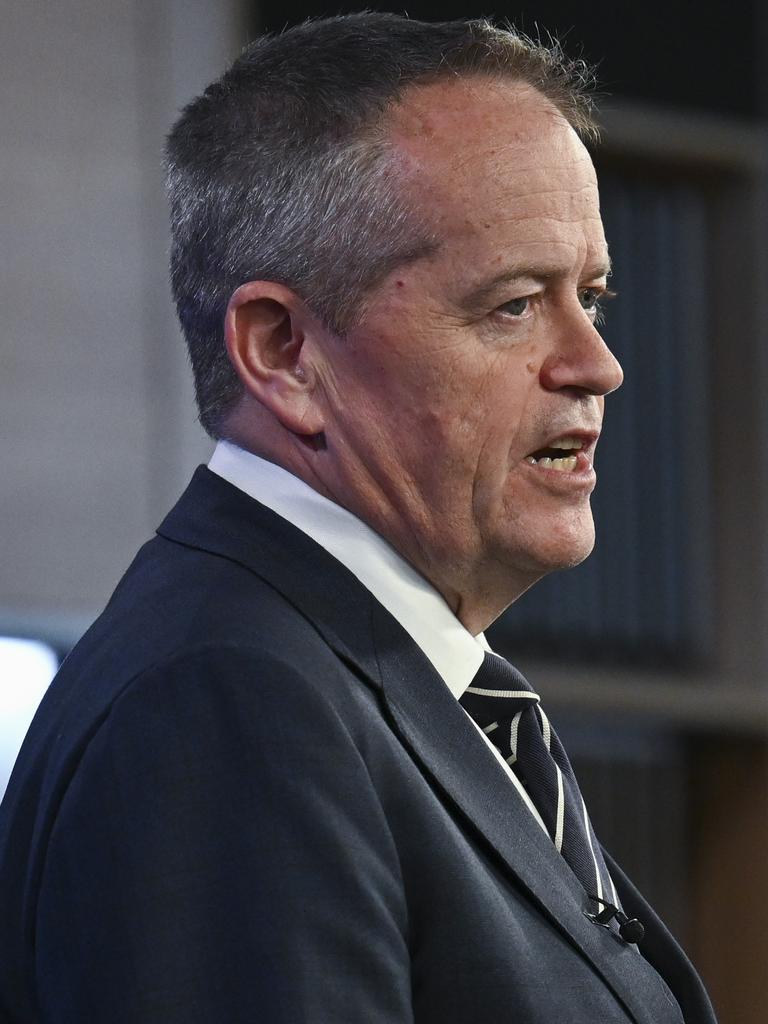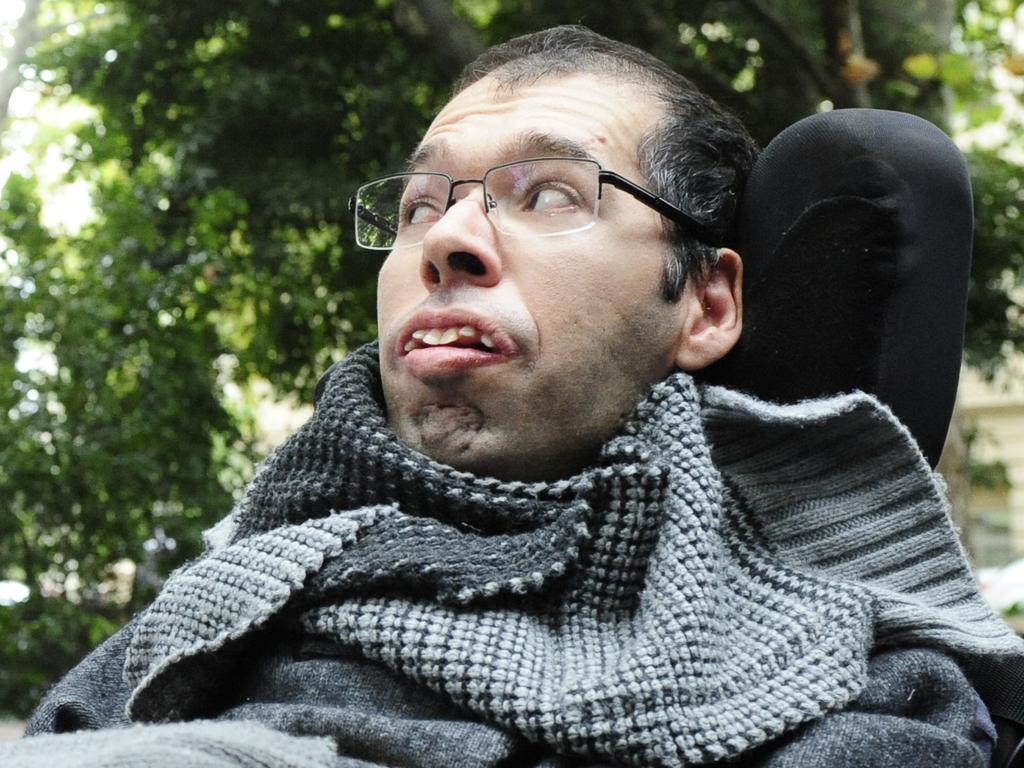
The states face an enormous bill to deliver enough disability services outside the NDIS to ensure the nation’s children with autism receive the support they need, and may not realise what they’ve signed up for, Autism Awareness Australia director Nicole Rogerson says.
And after state education systems “basically abandoned” disability support after the National Disability Insurance Scheme was brought in, it may take a generation for them to rebuild capacity, she warned.
The NDIS review called on the states and commonwealth to fund a range of “foundational supports” for disabled people to be delivered independent of the NDIS, which would include early childhood and school supports for children with a developmental delay, including autism.
Under a deal struck at cabinet, state and federal governments agreed to the recommendation and to shoulder the costs 50-50.
Autism Awareness Australia director Nicole Rogerson.
NDIS Minister Bill Shorten. Picture: NCA NewsWire/Martin Ollman
But Ms Rogerson said realising the review’s vision – that children with a level of autism that doesn’t require a full NDIS package receive all the support they need elsewhere – would be a multibillion-dollar commitment.
“I don’t know if the states know what they signed up for. I saw all the premiers smiling at national cabinet this week and wondered if they realise the scale of need,” she said.
“After the NDIS, the states basically abandoned kids with autism and developmental delay, so turning that ship around quickly will be really hard in terms of workforce skills. It could take a generation.”
The growing cohort of children with autism on the $42bn-a-year scheme is a key challenge to the sustainability of the NDIS, with about 270,000 of the 630,000 scheme participants aged under 18, and the majority with an autism diagnosis.
NDIS Minister Bill Shorten said expansion of foundational supports would help the government rein in the scheme’s growth from 14 per cent a year to 8 per cent. He said while the scheme would keep growing “some of the money which we’re not going to waste in the future at the top end of the scheme will be used to reinvest in supports outside the scheme”.
‘Unhelpful' and 'stigmatising’: Bill Shorten criticises 'unfounded gossip' around autism
NDIS Minister Bill Shorten has addressed commentary surrounding the high number of children and adults with… autism who are using the disability scheme. “There has been, at times, some unhelpful, indeed stigmatising, commentary around children and indeed adults with autism,” he said at the National Press Club on Thursday. “Identifying More
But Ms Rogerson said the new state-federal arrangements for disability funding were simply a “cost shifting exercise”.
“At the moment the ambit of these new foundational supports proposed by the review is unclear, and Minister Shorten has said the details will be worked out in negotiations with the states … they might start realising what they could be on the hook for,” she said.
Besides questions over the scale of the foundational supports, the review’s recommendation for all disability providers to be registered has also raised eyebrows.
Dr George Taleporos. Picture: AAP Image/Julian Smith
Advocates such as George Taleporos – who is a member of the NDIS independent advisory council – said forced registration of 150,000 independent providers “broke the promise of the NDIS” to always give participants choice and control.
Dr Taleporos pointed to stories of support workers who had decided not to seek employment from registered providers because of the associated bureaucracy and inhumanity.
“There is a serious risk that forcing us to use registered providers will make it impossible to get the essential support that we need. People in regional and remote Australia, many of whom have little or no access to registered providers, are at greatest risk,” he said.
But former disability royal commissioner John Ryan backed the review’s recommendation to see all providers registered. He said it would also be critical “to see some modelling and some specifics” on transitioning children with mild autism from the NDIS to foundational supports.


